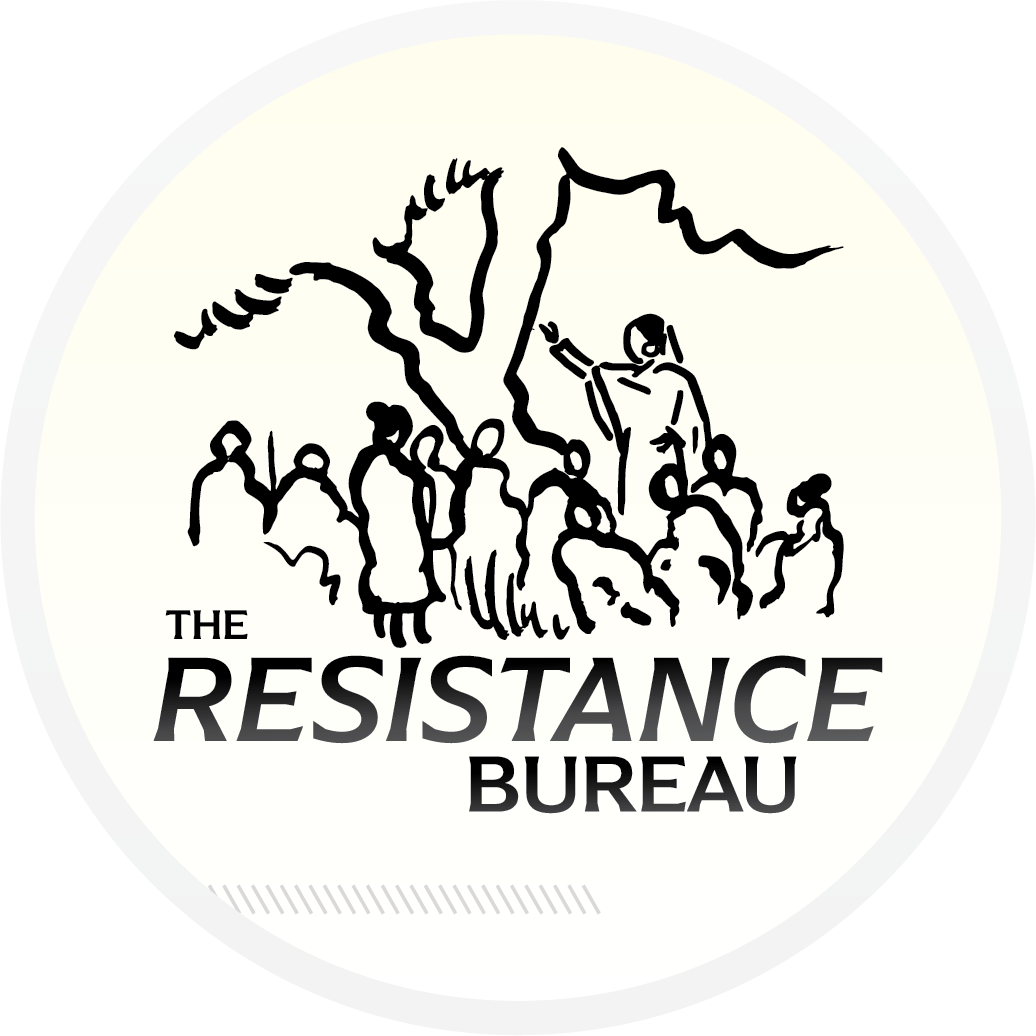Can there ever be a 'good coup'? Lessons from Africa
Coups are back. After the “military assisted transition” in Zimbabwe in 2017, Mali saw two coups in quick succession (2020 and 2021), before Guinea’s President Alpha Condé was deposed by the army earlier this month. While military leaders went to great lengths to cover their tracks in Zimbabwe, hoping to fool the world into thinking it was watching a civilian transition – and inspiring the #NotACoup hashtag in the process – no such precautions were taken in Guinea. Instead, photos of Condé surrounded by his deposers quickly flooded the internet. Do the increasingly brazen military power-grabs of the last few years signal that the much vaunted “anti-coup” norm is dead in the water? And if these juntas face no serious international punishment for overthrowing civilian governments, will this encourage further “transitions” in traditionally coup prone countries? This show brings together activists, journalists and researchers from Mali, Guinea and Zimbabwe to investigate why coups are back on the African agenda, and what this means for the future of democracy. We will also ask whether there is such a thing as a good coup? The Malian coup of 1991 famously removed a dictator from power and paved the way for one of the continents most liberal democracies, at least for a decade. And it is clear that the three leaders deposed in recent years had failed their people and become deeply unpopular. Given that Mugabe, Bah Ndaw and Condé were also engaged in democratic backsliding, can coups serve as useful correctives, creating much needed space for progressive reform? This has been the hope of many political leaders, citizens, and commentators, from the 1970s to the present day, but it has rarely materialised. As the case of Guinea indicates, in many cases cases coups beget more coups, not stable democracy. The discussion will therefore also look at how we can resist coups from turning into prolonged periods of military rule.
